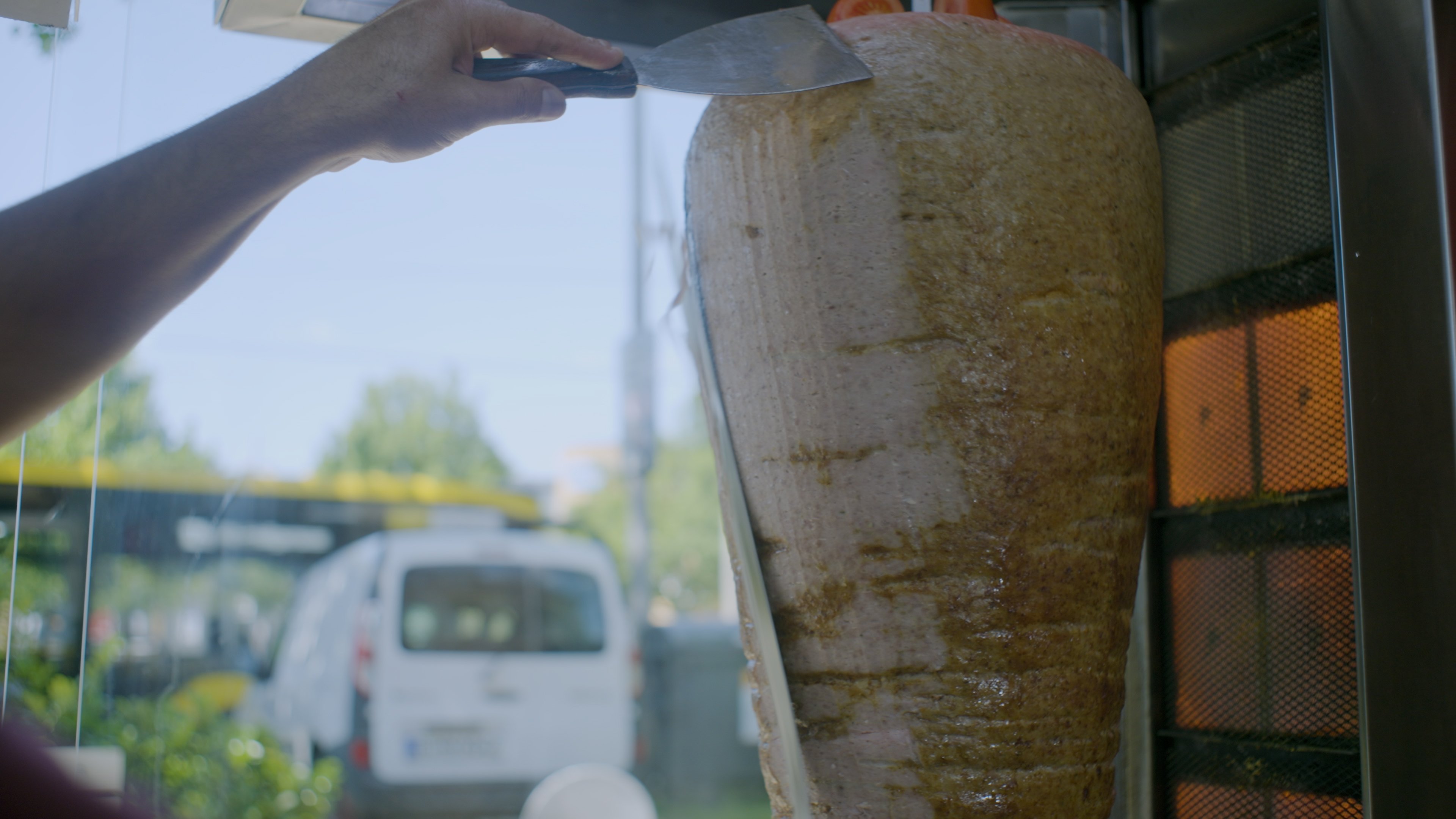
Videos & Trailers
1 video
Cast & Crew
4 members
Acting
Döner Kebab Haus
Döner Kebab Haus
No Image
Acting
Meraba Donermann
Meraba Donermann
No Image
Acting
Vamos Veganos
Vamos Veganos
No Image
Acting
Fiöner
Fiona
No Image

Döner Kebab Haus
Meraba Donermann
Vamos Veganos
Fiona